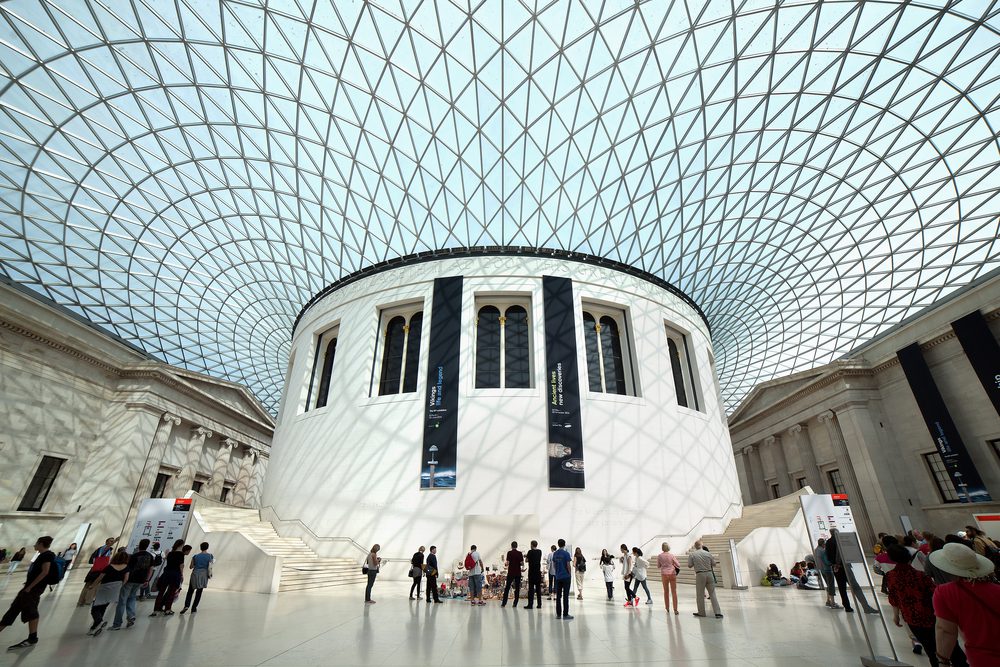
Seemingly lax security has cost London’s world-famous British Museum a considerable amount of gems and various other priceless items. The museum, which is taking legal action against the individual, has fired an employee who it suspects of being behind the theft.
According to the museum’s Wednesday, August 16th press release, some items in its possession were impacted in the heist, although it could not verify whether these had merely gone ‘missing’ or were indeed stolen.
The matter has been taken up by the Metropolitan police, which has launched an investigation, but has not made any arrests at the time of writing.
In the meantime, a Thursday, August 17th report by The Telegraph has identified the fired employee as Peter Higgs, a curator with a three-decade employment history with the institution. While Higgs himself has not commented on the matter, his family has been outspoken in protesting his innocence.
The pieces Higgs is alleged to have stolen include gold, jewelry, and gems of semi-precious stones, which date from the 15th century BC to the 19th century AD.
The vast majority of the valuables had not been on display recently and were stored in a warehouse, connected to one of the museum’s collections. How Higgs, if guilty, managed to get the items out of the warehouse undetected, or whether he acted alone, is not known.
The BBC reports that according to PA (the national news agency for the UK and Ireland), the items were taken before 2023 and over a “significant” period of time.
The museum’s director, Hartwig Fischer, spoke of “a highly unusual incident” and stated that the British Museum had already tightened its security arrangements and was working alongside outside experts to put together a definitive inventory of what is missing, damaged, and stolen.
This, he added, would allow them to “throw our efforts into the recovery of objects.”
Drawing six million visitors each year, the British Museum boasts a large collection of historical artifacts, including some from ancient Egypt and ancient Greece. Considering the inestimable value of its massive collection, the theft has become a sore spot of embarrassment.
The perception of incompetence becomes more evident considering the Museum has been scrutinized for having so-called looted art in its custody.
Artifacts include objects taken by the British from its former colonies, such as Egypt. Among other objects, the museum is home to the famed Rosetta Stone, which allowed for Egyptian hieroglyphs to be deciphered.
Talks between the British and Greek governments about returning the world-famous Parthenon, or Elgin, sculptures to Athens have been going on for some time. For years now, the Greeks have been trying to retrieve their cultural heritage.
Earlier this year, the Vatican, which had acquired them in the 19th century, returned three such sculptures to Greece.
About half of the sculptures, part of a frieze, are now on display at the Acropolis Museum, while the other half are at the British Museum.
